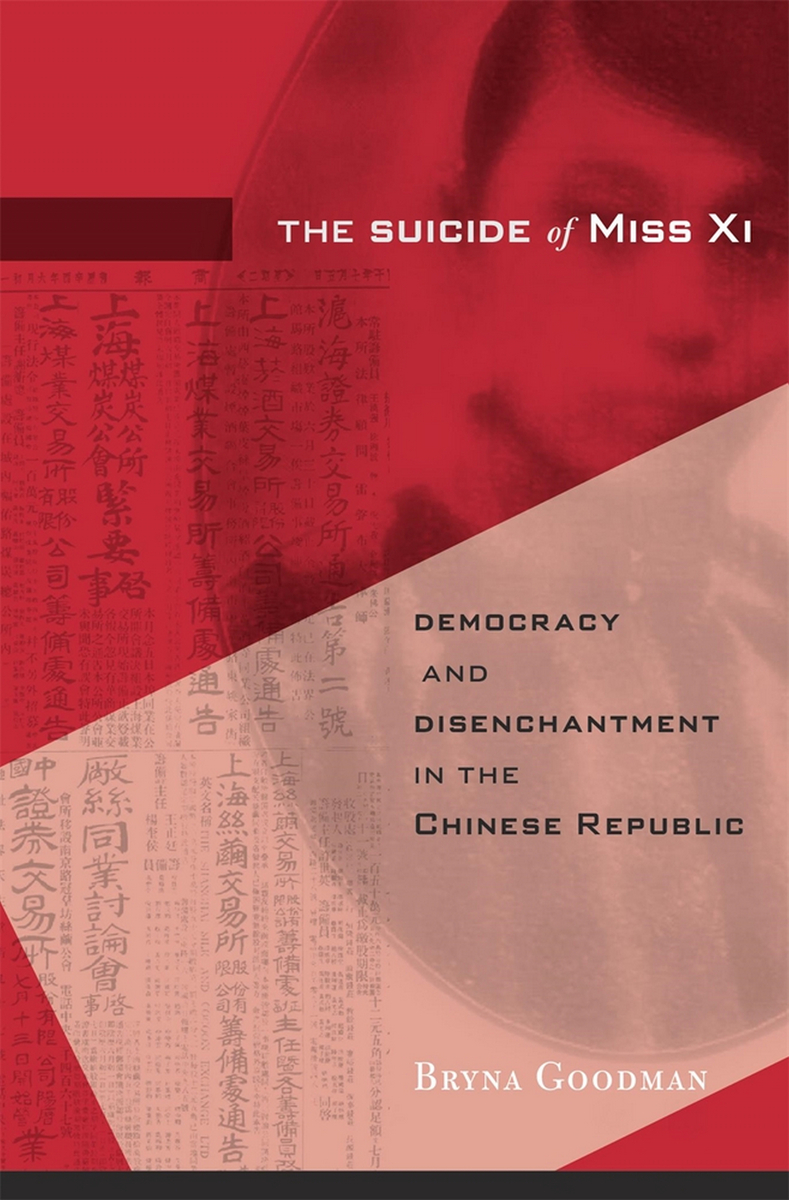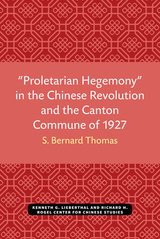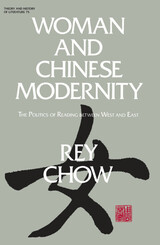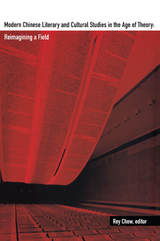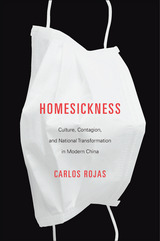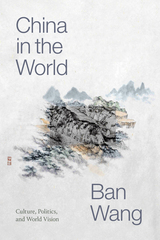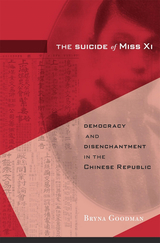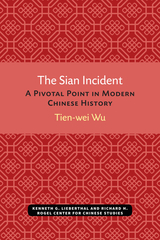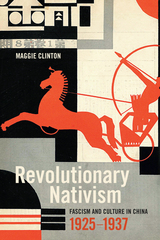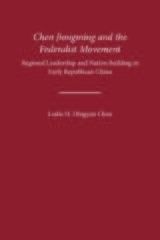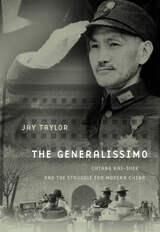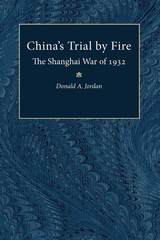A fascinating and thoughtful analysis of the changing mores of a turbulent but lively period—the early 1920s—in China…The Suicide of Miss Xi is brilliantly written…Some of the pressures on Miss Xi have eerie echoes in today’s China.
-- Rana Mitter The Telegraph (India)
Makes a critical contribution by bringing the economy, market, and capitalism into our understanding of May Fourth politics…[A] rich, nuanced, and engaging book, which reflects both an experienced historian’s deep thinking on modern Chinese history and a comprehensive dialogue with previous scholarship.
-- Madeleine Yue Dong Journal of Asian Studies
Compelling…A rich analysis of 1920s China and its fragile democracy…An invaluable contribution to the literature on the early Chinese republic as she masterfully weaves together an analysis of gender, legal, and economic perspectives…Remarkable in its breadth and depth, Goodman’s study is a significant addition to a growing literature on the early republican era that explores changing notions of citizenship and of the republic itself.
-- Susan Fernsebner Journal of Social History
A remarkably rich and thought-provoking microanalysis of early Republican Shanghai…Goodman challenges us to reread May Fourth lives and fault lines and to rethink the sources and challenges of democratic quests in the past and present…[A] must-read book.
-- Ling Ma Twentieth-Century China
A wonderfully evocative, beautifully written, and deeply researched account of life in 1920s Shanghai that brings together commerce, capitalism, democracy, and the new republic. We meet ambitious new women, scandalous men gambling on stock exchanges, and corrupt warlords pulling the strings of justice from behind the scenes. And throughout it all is the press, not merely as historical source, but as an active player in all that happens.
-- Henrietta Harrison, author of The Man Awakened from Dreams: One Man’s Life in a North China Village, 1857–1942
We will never be certain why Xi Shangzhen killed herself, but in this masterful study Goodman shows what we can learn from her death. Shanghai emerges more complicated than ever, roiled by a 1920s scandal involving office workers, feminists, civic notables, stock-market speculators, journalists, feckless judges, and military men. A flawless work of scholarship and a mesmerizing read.
-- Gail Hershatter, author of Women and China’s Revolutions
In a vivid and compelling book, Goodman uses the workplace suicide of Xi Shangzhen to plumb transforming gender ideals regarding women in the workplace and the greater public realm, the utility and societal effects of financial and commodities markets, and the integrity of the law and the courts. Deeply researched and well written, this is a significant contribution to scholarship on modern Chinese history.
-- Peter J. Carroll, author of Between Heaven and Modernity: Reconstructing Suzhou, 1895–1937
Through a detailed exploration of the scandalous 1922 suicide of the Shanghai female office worker Xi Shangzhen, this elegantly written book illuminates crucial facets of that strange interregnum in Chinese history when, in the absence of any effective government, a variety of experiments in civic sovereignty were put into practice. Goodman looks at commercial and civic organizations, gender, financial speculation, and a complicated legal system in piecing together the latent democratic possibilities in a space she provocatively calls ‘a public without a republic.’
-- Theodore Huters, author of Bringing the World Home: Appropriating the West in Late Qing and Early Republican China
This fascinating study rewrites the history of Chinese democracy by centering it in a robust public culture of print and civic associations. Extensively researched and eloquently presented, it captures republican articulations of citizenship over thorny issues of women and money. This is a must-read for anyone seeking to understand the elusive conditions of democracy under Chinese capitalism.
-- Wen-hsin Yeh, author of Shanghai Splendor: A Cultural History, 1843–1949
As its title indicates, this book is about the suicide of Xi Shangzhen…This forgotten event, which Bryna Goodman recovered from extensive archival research, provides a prism through which to understand urban society in Republican China during the late 1910s and early 1920s…Despite the deep engagement with existing histories and theories, Goodman manages to keep the voices of the protagonists at the center of her compelling narrative.
-- Limin Teh Nan Nü
